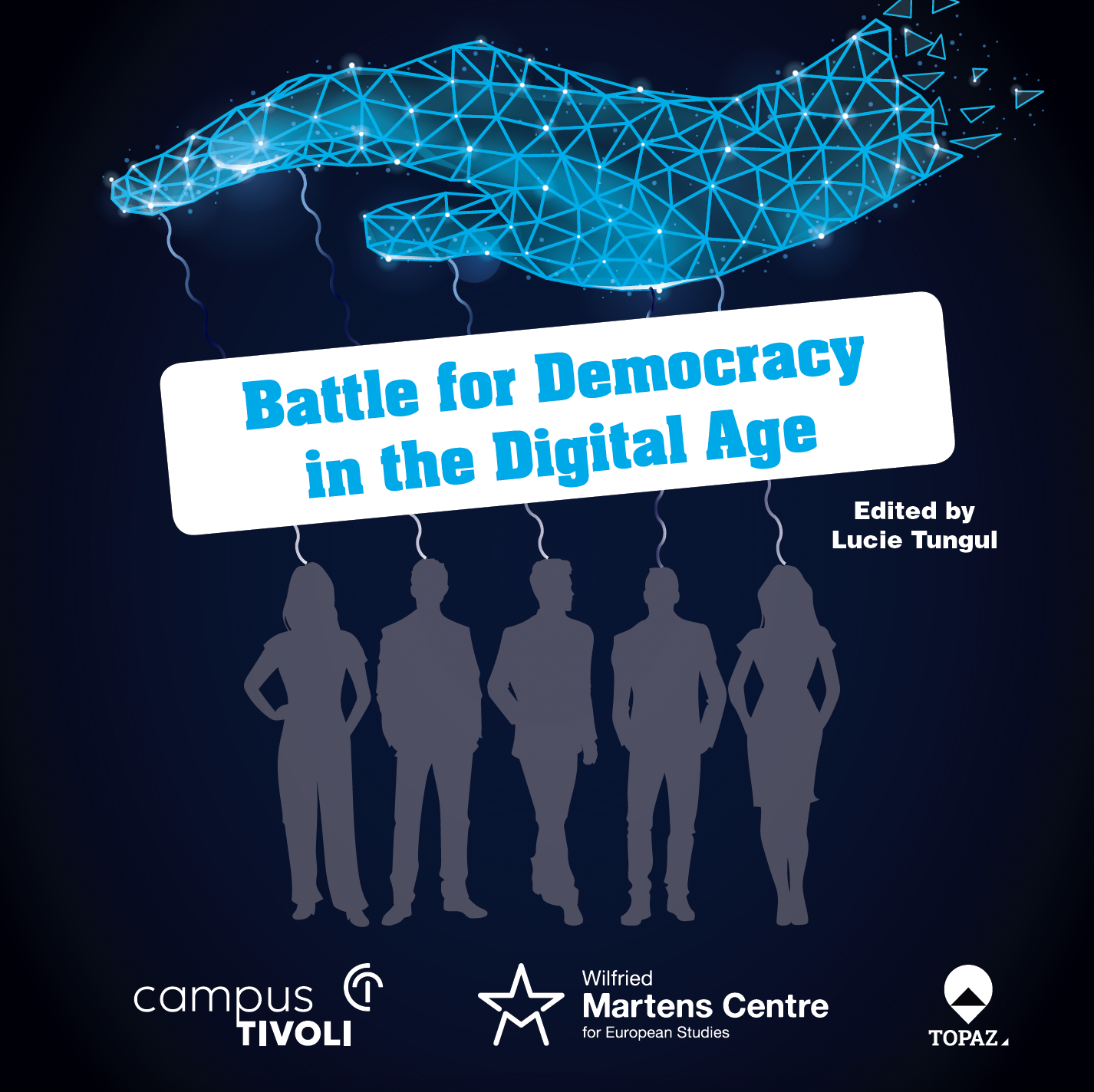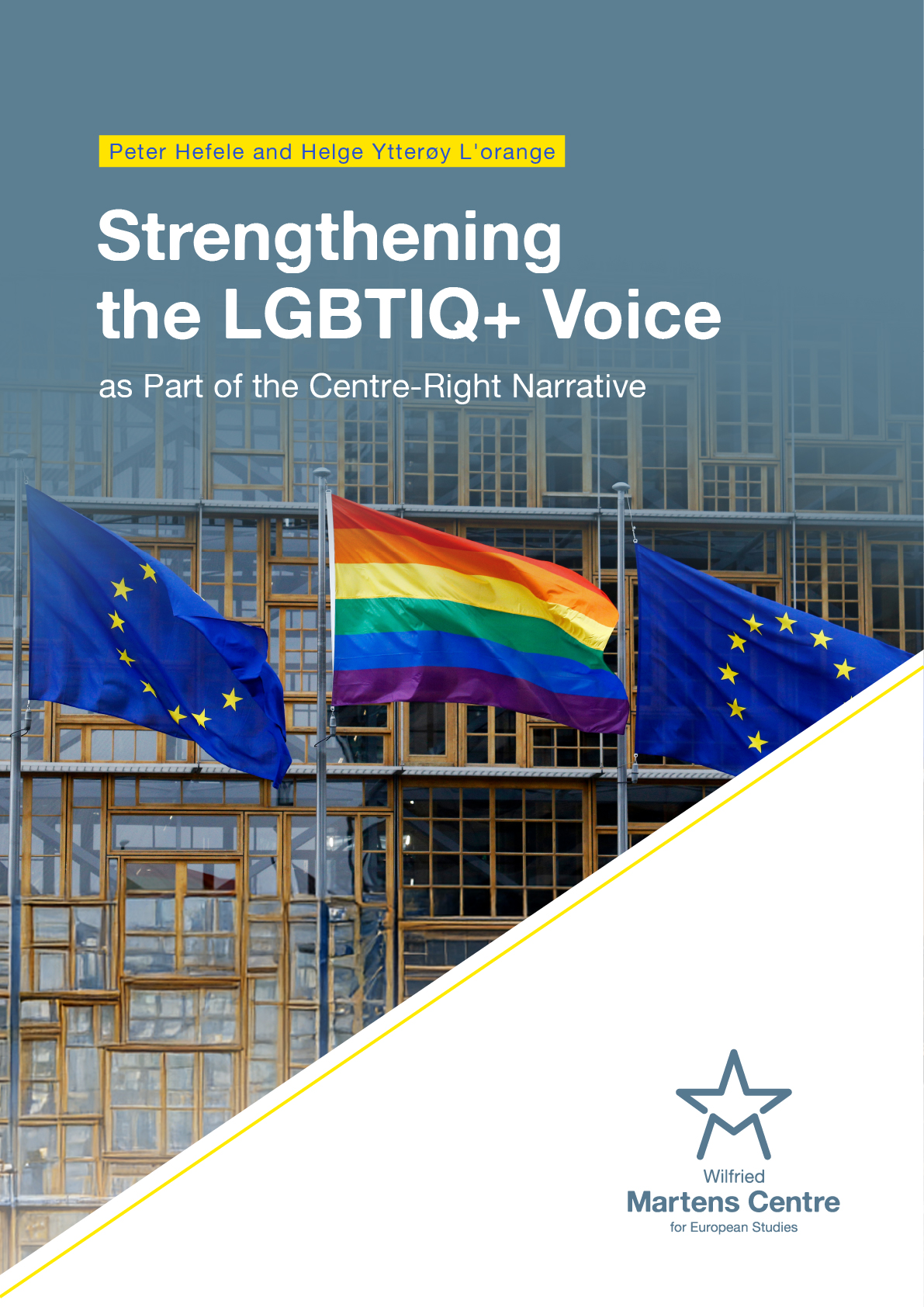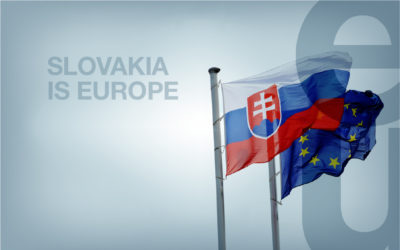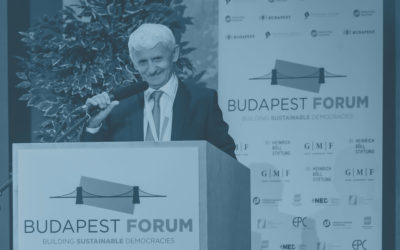Why Ukraine Belongs in Europe
27 February 2023
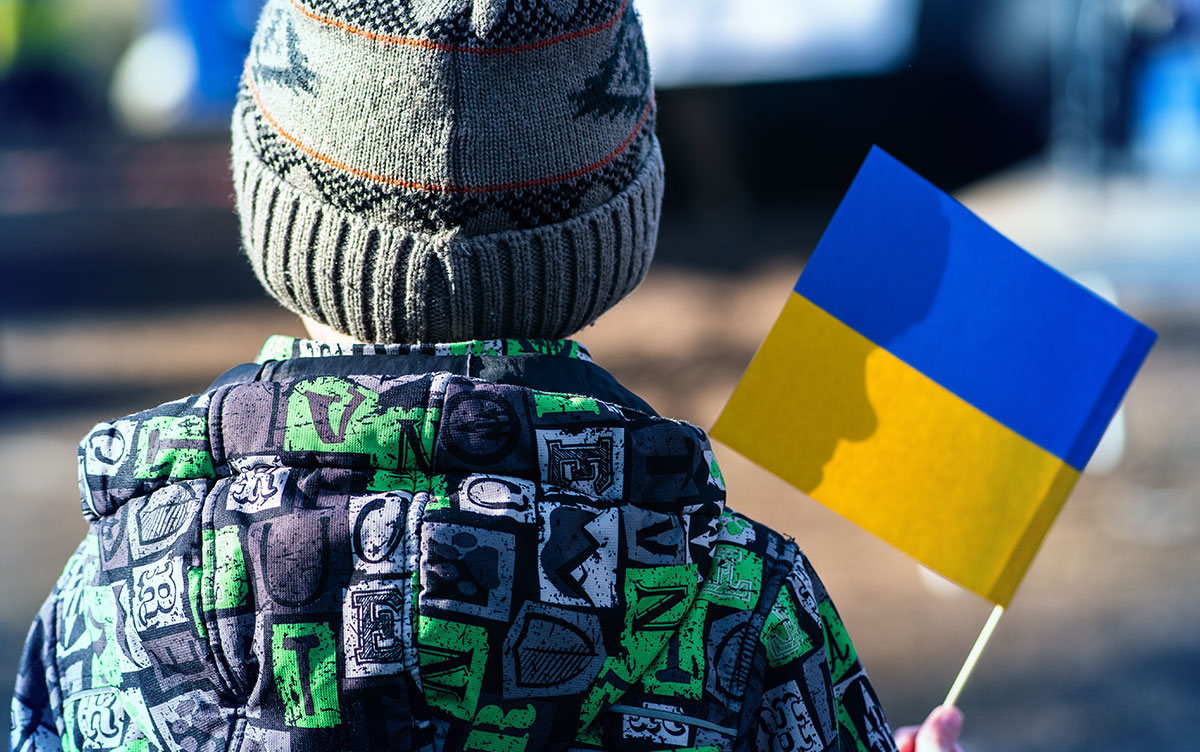
It’s been a year since war came back to Europe. Not terrorism, or counter-insurgency or undeclared proxy fighting. Not hybrid- or cyber- or another kind of hyphenated conflict, but a full scale war of aggression by Russia against Ukraine.
Don’t forgive the horror — the civilians murdered with their hands tied behind their backs in Bucha; the shelling of apartment blocks in Kharkiv and the razing of Mariupol; the deliberate missile attacks on hospitals and electricity infrastructure; the rapes everywhere Russian soldiers have been.
Don’t forget the heroes: from the soldiers dug in trenches making Bakhmut the 21st century Verdun, to the railway workers somehow keeping them supplied and civilian trains on time, the medics and drone operators, the firefighters and police, the teachers, the anti-corruption investigators rooting out profiteers even in the middle of the war; and the men and women who found themselves out on the streets of their towns and cities with an old AK and a few rounds of ammunition, ready to meet Putin’s war machine with everything they’ve got.
Ukrainians have been blessed with one of Europe’s greatest war leaders. Like Churchill and de Gaulle, Kossuth and Sobieski, Zelensky is growing into a new fighter for freedom before our eyes.
Because freedom in Europe is what this is about. When Ukraine held its referendum on independence, in 1991, 92% (including 54% in Crimea, by the way) voted in favour. Twice they revolted against a Russia-supported, but Ukrainian, strongman, Viktor Yanukovich; first to prevent him taking office by electoral fraud after his opponent Viktor Yuschenko was poisoned, then to oust Yanukovich. No wonder they’ve fought like lions.
This historical fact stands against what is still a popular narrative (this recent piece in Foreign Affairs is but one example) that Ukraine belongs, if not in a Russian sphere of influence, at least in some liminal space between Russia and the West, apparently divided by language. The language division in no way reflects political allegiance, any more than it does in say, Ireland, where support for independence is distinctly more widespread than the practice of speaking Irish as a first language. President Zelensky, of all people, is a native Russian speaker. Kharkhiv, famous for its Russian-language literature, voted 86% for independence in 1991. This is a country acutely conscious of its own destiny.
The 2013 Revolution of Dignity, as the second revolution against Yanukovich is known, was sparked by his rejection of an association agreement with the EU. The demonstrators killed by Yanukovich’s goons died under the EU flag. After the revolution, Ukraine began two processes of reform needed to maintain and defend its democratic culture. First, it decentralised power. Local mayors took control of local governments and local policies. The era of top-down government, inherited from the Soviet Union, was brought to an end. Second, it decentralised the culture of the army, allowing low-level commanders on the spot to react to events much faster than their Russian opponents. Both were decisive last spring, as Ukraine’s army was able to adapt in the field to keep the huge Russian invasion force out of artillery range of Kyiv and Kharkiv (had they been surrounded, they would have received the same treatment as Mariupol); and as civil society mobilised itself to supply the war effort and organise resistance in occupied territory.
So we should not be surprised when Ukraine meets accession requirements faster than other applicants have. Unlike Poles and Hungarians, they’ve had to fight against a hybrid regime before they joined the EU, not afterwards. They understand that reform has to be political as well as economic, and the war itself will spur nation-building in ways we still can’t fully imagine. Corruption is of course a major problem, and wartime procurement and postwar reconstruction provide opportunities for it to flourish. We need to help them with the best of our experience in curtailing it. Let us hope we follow the example of Laura Kovesi’s European Public Prosecutor’s Office, rather than the distinctly ineffective DG NEAR operations, as any observer of, for example, Serbia or Albania will attest.
Ukraine’s accession will be a tremendous test of the EU’s ability to overcome the almost two decades of crisis-management it has had to contend with since the Constitutional Treaty was rejected in 2005. Those were tough years: a political disappointment followed by a financial crisis, a refugee crisis, Brexit, the rise of populist demagogues, and a global pandemic each raised problems the EU had not been designed to address. Yet, it survived, and egregious Albion aside, stayed together. The war is a different kind of crisis because it reminds us why European unity exists: to make the continent safe for democracy. An EU that includes Ukraine will be notably different from the one settled at Lisbon. Its centre of gravity, at first through population, and as Ukraine recovers and grows, also of its economy, will be more eastern. It will be more military, because protecting its members’ democracy will mean protecting them from Russian revanchism. It will be culturally and linguistically far more diverse than the original Six could ever have imagined. If all candidate states are eventually admitted, it will have 36 members, and need a different internal structure, in which formal unanimity will have bcome impractical. Thus, more effort will be needed to build democratic legitimacy for winning coalitions and for losing coalitions to accept when things don’t go their way.
This isn’t the time to work those details out, but it would I think be a fitting monument to Ukraine’s astounding bravery and sacrifice if we could conclude them, along with the finalisation of Ukraine’s accession, in a future Treaty of Kyiv.
ENJOYING THIS CONTENT?







